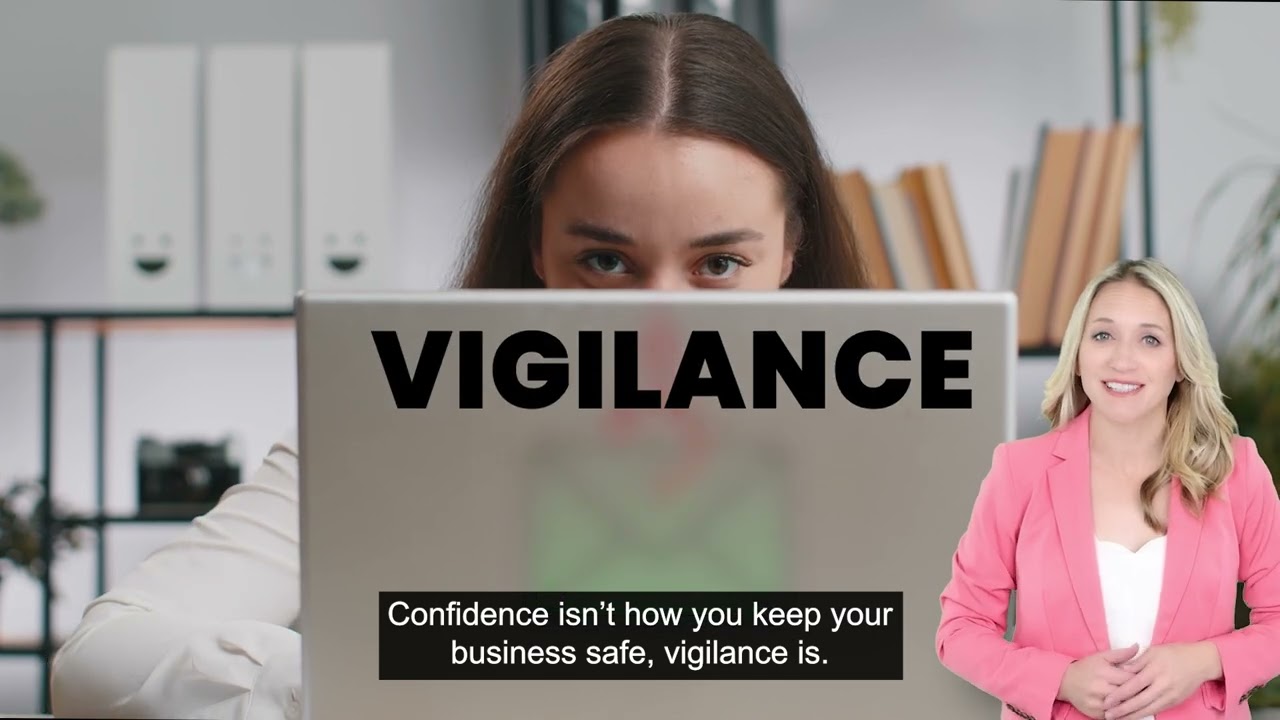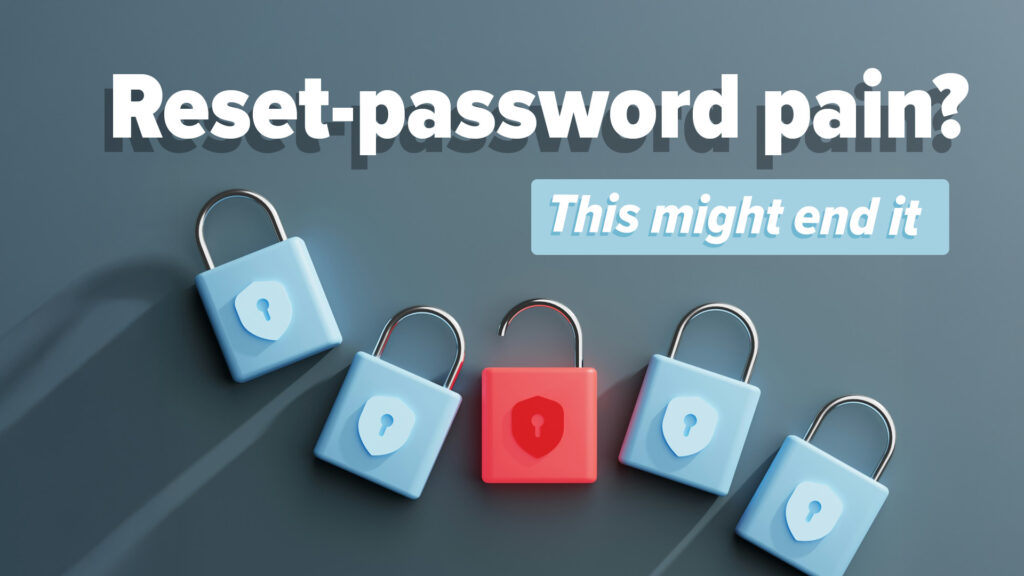You trust your team. They’re sharp, experienced, and tech-savvy. No one’s clicking on shady links or downloading sketchy attachments… right?
They’ve heard all about phishing scams. They know not to fall for one.
But here’s the kicker: That confidence could be your biggest cybersecurity risk.
– Over 86% of employees believe they can spot a phishing email.
– Yet more than half of them have fallen for one.
Let that sink in.
These are people who knew about phishing… who thought they could spot the red flags… and still got duped. Why? Because phishing isn’t just a “Nigerian prince” scheme anymore.
Cybercriminals have leveled up.
Today’s scams look like:
- Routine emails from your bank or vendors
- Realistic invoices from “accounts”
- Internal messages that appear to come from your CEO or IT team
In other words, they look legit. And when your team assumes they’re too smart to be fooled? That’s exactly when they let their guard down.
The Confidence Trap
This is a textbook case of the Dunning-Kruger effect—when people think they know more than they actually do. And in cybersecurity, that false sense of security can be disastrous.
Overconfidence leads to complacency:
- Not double-checking links
- Ignoring red flags
- Skipping that quick call to confirm a request
All of which makes it easier for attackers to slip through the cracks—and straight into your business systems.
Here’s the Good News:
This risk can be managed. But it starts with shifting your team’s mindset.
>> Stop assuming they’re too smart to fall for a scam
>> Start training them to spot the evolving tactics used by today’s attackers
Regular, engaging phishing awareness training is a must—not just once a year, but continuously. Cybercriminals don’t take breaks. Neither should your defenses.
Just as important? Foster a culture where employees feel safe speaking up when something looks off. If someone’s afraid to report a mistake or suspicious email, you’re missing a crucial layer of defense.
Cybersecurity isn’t about IQ. It’s about awareness, caution, and action.
Even the brightest team members can get fooled. What matters is creating a culture where vigilance is second nature—and where “I’d never fall for that” gets replaced with “Let me double-check.”
Because in cybersecurity, the moment you think you’re safe… is usually when you’re not.
Related Articles
- Phishing Attacks Tripled Last Year – Is Your Business Ready?
- Phishing 2.0: How AI is Amplifying the Danger and What You Can Do
- Beware Imposters! New Phishing Scam Uses Impersonation to Trick You
- Cyber Attacks Are Surging – How Worried Should Your Business Be?
- Are Your Employees Your Biggest Cybersecurity Risk?







